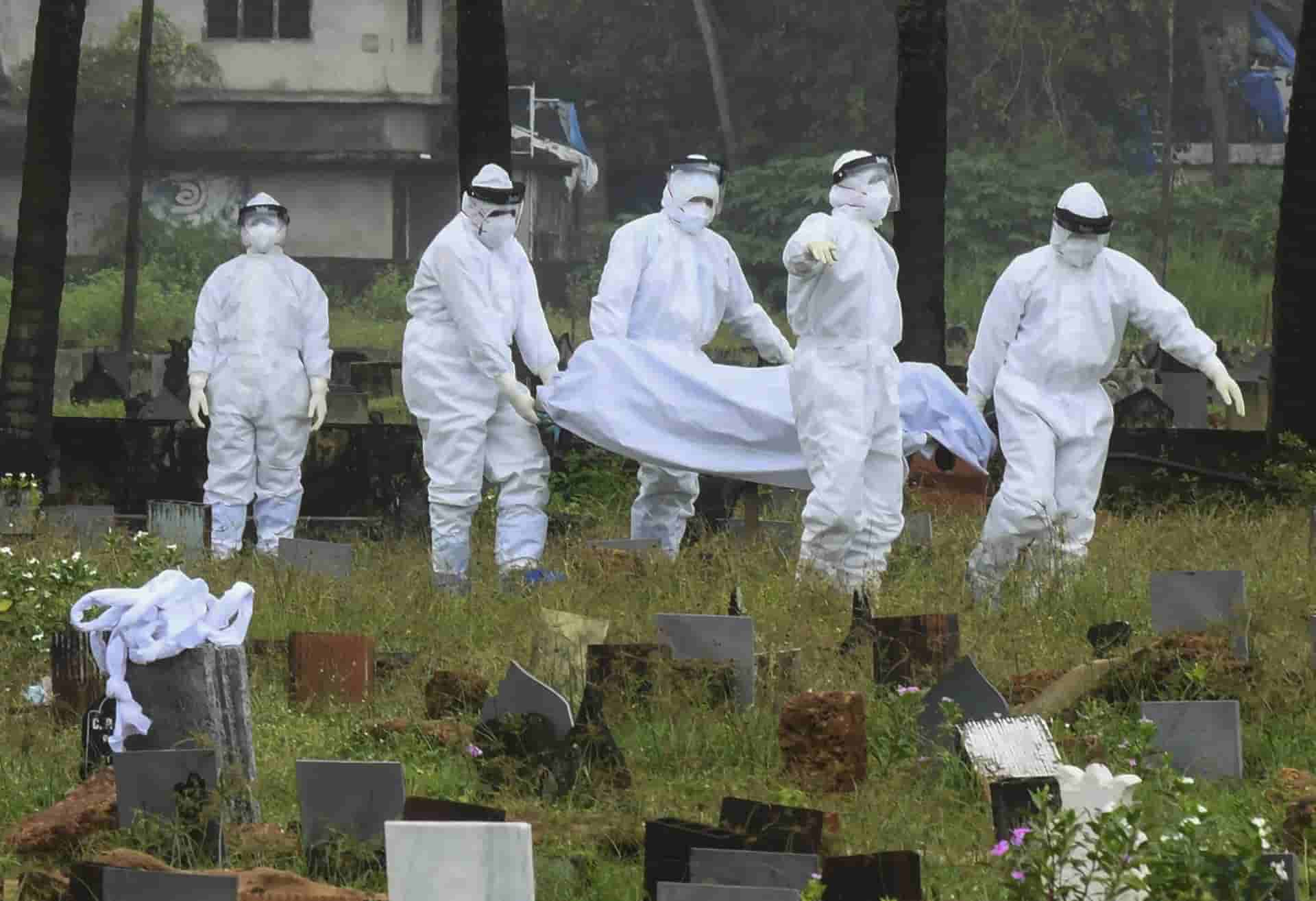Even as the world continues to battle COVID-19, a new virus outbreak is happening in India, and it is reportedly 70 percent deadlier than COVID-19. The virus is called Nipah, and it already killed a 12-year-old boy in the country.
According to local media reports, the boy was taken to a hospital in southern Kerala. He was suffering from high fever and brain inflammation. Tests were run, and he was later diagnosed with the Nipah virus. He perished on Sunday. Experts believe that the Nipah virus can potentially be the next pandemic.
The World Health Organization (WHO) already classified Nipah as a virus of concern. The source of the virus is fruit bats or flying foxes and pigs. The virus was first identified in 1999 in Malaysia and later in Bangladesh. It can get transmitted through infected food and directly between people. There are no known cures for the Nipah virus, so Luby said it is crucial to continue to invest in strategies to reduce the risk of spillover.
Although people infected with the Nipah virus may survive, the survival rate is low. When Nipah emerged in Kerala for the first time in 2018, only two of the 19 infected people survived. Experts are now working on vaccines against the Nipah virus.
Dr. Stephen Luby, a professor of infectious disease at Stanford University, said it could be transmitted from person to person when humans are infected. It is not as transmissible as other viruses, but if there is a super spreader, it will infect a lot of people.
Luby pointed out, “However, each time a person is infected, the virus is in an environment that selects for human adaptation and transmissibility. The risk is that a new strain that is more efficiently transmitted person to person could generate a devastating outbreak. Indeed, since 70% of people who are infected with Nipah virus die, such a strain could represent the worst pandemic humanity has ever faced.”

After the boy died in Kerala, health officials contact-traced friends, family, and health workers who had contact with the boy. They ended up isolating a total of 251 people. Thirty of that number are the deceased boy’s close family members. It remains unclear how the boy contracted the Nipah virus, but Dr. Thekkumkara Surendran Anish, associate professor of community medicine at the Government Medical College in Thiruvananthapuram, noted, “One plausible theory is that those who’ve been infected [in Kerala] ate food or fruit contaminated with bat saliva or excreta.”
Luby also said that fruit bats are attracted to raw date palm sap that is harvested during wintertime. When people drink the raw date palm sap that bats contaminated, this could cause them to contract the Nipah virus. The WHO believes the drink is the likely source of the outbreak in humans in India and Bangladesh.
When comparing the Nipah virus to COVID-19, Anish said that for COVID-10, “you are most infectious before the symptoms set in,” but with Nipah, “when the symptoms set in, you start spreading the virus.”


